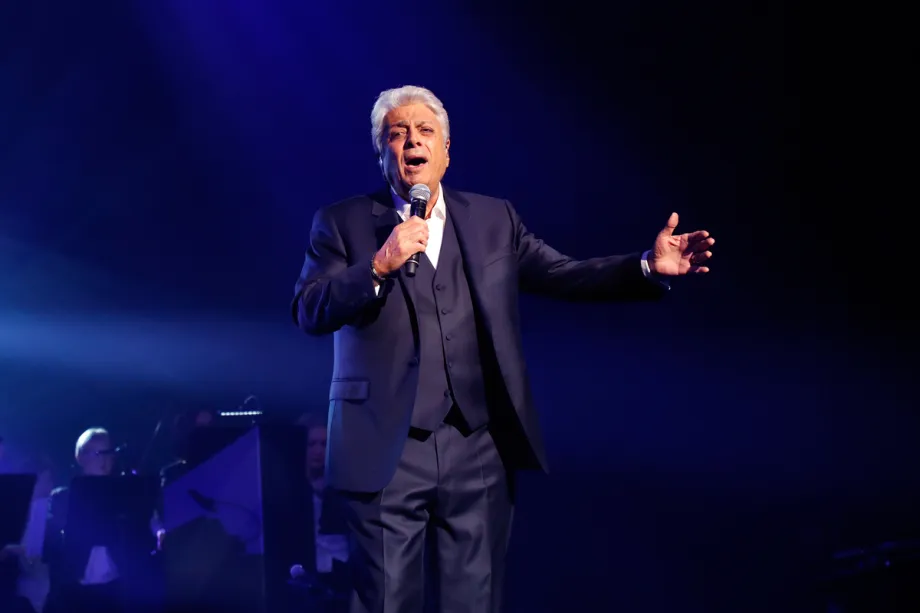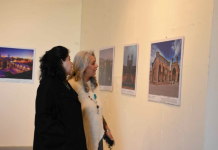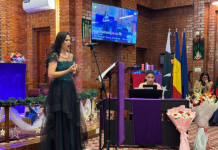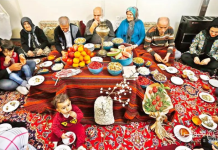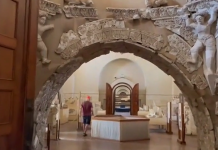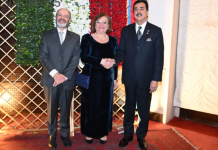The recent cancellation of French-Algerian singer Enrico Macias’ concert in Turkey has sparked widespread debate over artistic freedom, freedom of speech, and the growing intersection of politics and culture in the region. Macias, a world-renowned artist known for his contributions to both French chanson and North African music traditions, represents a unique bridge between East and West, as well as between Jewish and Muslim cultures.
For decades, Enrico Macias has used his music to promote peace, tolerance, and coexistence. Born into a Sephardic Jewish family in Constantine, Algeria, he has been an outspoken advocate for multiculturalism and interfaith harmony, often singing in Arabic, French, and Hebrew. His work reflects the richness of modern Muslim cultural heritage—particularly that of the Maghreb—and offers a rare platform where diverse traditions can coexist.
However, his scheduled concert in Turkey was recently canceled following protests over his perceived pro-Israeli stance. The Turkish government’s decision to ban the performance is a deeply troubling development—one that raises serious concerns about the state of free expression, especially in the arts.
Artists, especially musicians, have historically been voices of truth, resistance, and social commentary. They are not politicians or policymakers; they are storytellers who reflect the world through personal and cultural lenses. Silencing a singer for their beliefs undermines not only the individual artist but also the broader values of artistic integrity and cultural dialogue.
Turkey, a country with a rich musical and artistic heritage and a unique position straddling East and West, should champion the exchange of ideas, not suppress them. The decision to cancel Enrico Macias’ concert is one of the darkest steps Turkey has taken in recent years with regard to art and culture. It sends a message that dissenting or unpopular views, even when expressed through art, are unwelcome—a message that is in direct contradiction to democratic principles.
Freedom of speech is a fundamental human right, enshrined in international law and vital to the health of any society. Unfortunately, in many countries—especially those with authoritarian or religiously conservative governments—this right is routinely curtailed. The suppression of artists like Enrico Macias serves as a reminder of the ongoing struggle for free expression in parts of the Muslim world.
Despite political pressure and financial consequences, Enrico Macias has remained steadfast in using his voice to promote peace and understanding. His courage and integrity should be celebrated, not punished.
In times of division and conflict, the world needs artists like Enrico Macias more than ever—voices that remind us of our shared humanity, our common history, and our collective future.
BY: Nadeem Faisal Baiga



